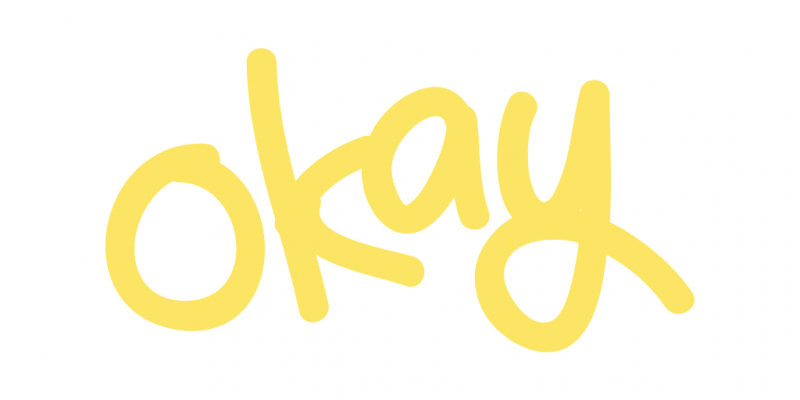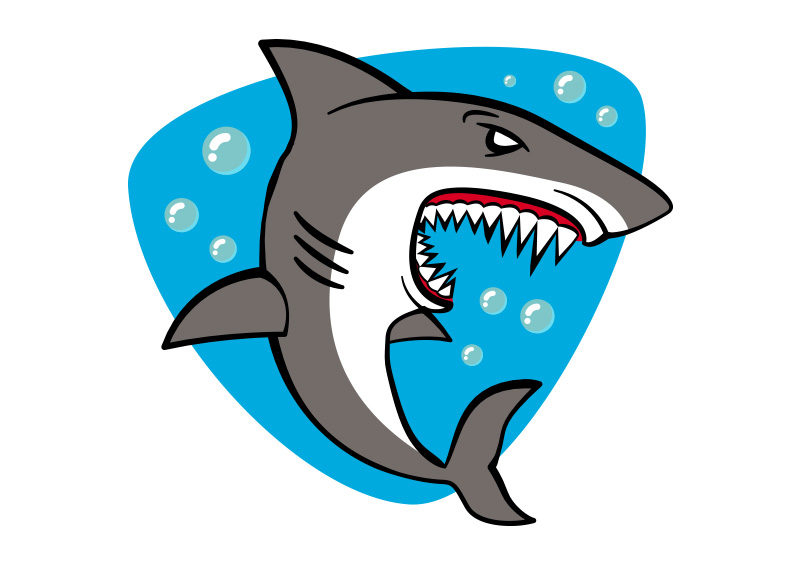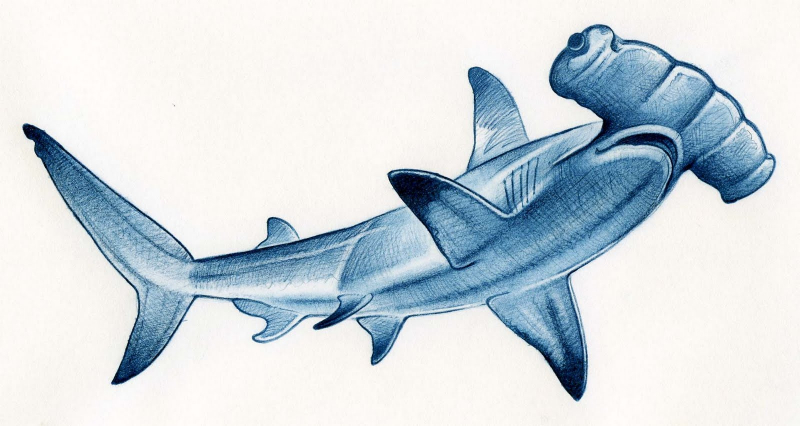Top 10 Words with Origins That Are the Total Opposite of What You Might Think
If English is not your native tongue, it is true that it is one of the hardest languages to learn. People utilize a jumbled jumble of terms that must sound ... read more...absurd to non-native speakers. Why isn't laughter a rhyme for killing? Why does the dictionary include 430 different ways to use the term "set"? If you try to figure it out, you might go crazy. Since so many words don't originate from the places you may expect, even examining word origins might be confusing.
-
The escalator is a feature that almost every large mall has that you won't find in many other kinds of structures. Elevators are frequently used in apartment complexes and offices. The escalator's reach is, however, quite constrained. A large area with lots of people and space is ideal for an escalator. It doesn't require waiting and has no capacity restrictions, unlike an elevator. So it functions well in settings like malls, perhaps even in stadiums and airports. What is the purpose of an escalator? It gets worse! Kind of.
The name alone suggests that it is an escalating mechanism. You may break down words using the way the English language functions. Something with a -or or -er ending is frequently a noun that highlights a verb activity. Running is done. Driven by a driver. Although it's not a strict rule, it's a useful guidance. Additionally, it makes sense in this situation as escalate is a term.
Despite all, escalators are the sole reason the word "escalate" even exists. It is a back formation of the word escalator and dates back to 1922. Simply put, the phrase means to ascend or reach using an escalator. Only recently has corporate speech taken over the phrase, and now you'll hear it used whenever customer service needs to forward your issue to a management. Both connotations were modified from just standing on moving steps, and it is also used to refer to the rising tensions experienced during times of war.
http://jamiesarner.com 
https://ambientmediaww.com/ -
Despite being nearly 80 years old, the bikini is still among the most well-known swimsuit styles ever produced. It was intended to cause controversy when a French designer unveiled the two-piece back in 1946. Some people find it indecent, while others find it seductive. The bikini is essentially just a bra and panty suit, so there were certainly plenty of two-piece swimsuits or other clothing items long before then, but the concept of someone wearing one in public at that location and period in history raised some eyebrows. The bikini was also a moniker that people were certain to recall.
The name of the swimsuit was not thought up in a vacuum. The Bikini Atoll, which had the term long before the two-piece suit appeared, is where it originates. The atoll was well-known—or maybe infamous—for hosting nuclear weapons tests. In order to conduct testing, 23 nuclear weapons were dropped here. However, those tests had only recently begun when the bikini was published, so the amazing and terrifying power of nuclear bombs was a brand-new concept.
Nobody had ever witnessed anything like that, and nobody recognized the ramifications at the time either. They simply knew it was large. Therefore, the bikini made the most of everyone's sensation of wonder. If you will, it was a bombshell of a bikini. Something shocking that has never been seen before.

https://blueotwo.com/ 
https://www.indulgemaldives.com/ -
The word OK is frequently used in both English and other languages. Say OK to indicate your agreement. It's a good way to express how you're feeling, and if you use it in the proper way, it goes well with sarcasm and discontent. However, it can become perplexing when you realize that it also goes by the spellings OK, which is the letter O and K combined, and okay, which is a four-letter word spelled o-k-a-y. Why the distinction?
The two-letter variant is the original word, such as it is, even though it seems counterintuitive. The four-letter version followed. Since English uses a lot of abbreviations and contractions, it makes sense that a word with four letters, alright, would have been changed to a two-letter term since they have a similar phonetic sound.
Two-letter OK is believed to be a phonetic acronym for "all correct," which might have been written in jest as "oll korrect." In the same period, Martin Van Buren ran for president and urged everyone to "vote for OK" using the catchphrase "Old Kinderhook." A phonetic lengthening of the original term, four-letter alright, wouldn't appear on the scene for several decades.
https://www.socialmediabutterflyblog.com 
https://preview.arraythemes.com -
Canaries are famous for a variety of traits, including their properly named canary yellow hue, singing, and their employment in mines to assess the air quality. Even an island chain with the same name was not named for the birds. The islands inspired the names of the birds. The islands were given canine names.
Insula Canaria, or "Island of Dogs," was the islands' original name. It shares the same origin as the term dog. For unknown reasons, the Romans gave it the name "Island of Dogs." There is a legend that the island's first settlers worshipped dogs. However, it's also possible that the abundance of monk seals—which the Romans dubbed sea dogs—was to blame. In essence, the birds' names are based on either dogs or seals.
Despite their name, these islands were not given their name after those charming birds with the loud chirping. The term "canaria," which means "dog" in Latin, is where the name comes from. It is said that when the first European settlers arrived on the island of Gran Canaria, they were greeted by enormous dogs.

https://www.cunard.com/ 
https://www.cunard.com -
Orange is the only fruit was Named Before the Color. The story of the person who first observed an orange growing on a tree and named it the most unimaginative name he could think of has been the subject of several jokes throughout the years. The story can't be true, so you may relax. The hue was given its name after the fruit, not the other way around.
In English, the word "orange" first appeared in the 1300s. That originated in French, which was derived from Arabic, which was derived from Persian, which was derived from the Sanskrit term n?ranga, which means orange tree. Amazingly, the use of color in writing didn't begin until the 1500s. Before that, most likely, they just called everything orange "yellow-red." The fruit was easy to describe once it was widely available. In fact, very few languages have a word for orange that isn't a combination of yellow and red.
https://tifferie.wordpress.com 
http://christmasstockimages.com/ -
The existence of both soybeans and soy sauce suggests that humans are aware of two related concepts. Soy sauce is made from soybeans, which makes sense based on common sense, and is the reason it has that name. But when it comes to the origins of words, we cannot make assumptions. The name of soy sauce is unrelated to soybeans. Instead, soy sauce, which claimed the word first, gave soybeans their name.
Despite having Japanese roots, soy sauce has Chinese origins. The Japanese terms for the sauce—soyu or shoyu—come from the Chinese word shi-yu. Does that imply that a soybean is a shoyu bean then? In no way. Known as "daizu" in Japanese, soybeans.
When John Locke wrote about soy sauce, he used the Dutch word saio, which later became soya and eventually soy. The name was reversible because soy sauce was more well known among Dutch and later English speakers than beans were.

https://www.spiceography.com/ 
http://chezshinae.blogspot.com -
If you are familiar with street jargon, you are aware that "Five-O" is a reference to the police. Then, why is the question. What possible connection does Five-O have to the police? The answer to that, or at least a made-up version of it, is in Hawaii. One of the first widely watched police procedural TV shows was the 1968 debut of Hawaii Five-O.
Police were commonly referred to as "Five-O" throughout the 1970s, and the name is still used in some places today. The fact that the show was redone and is still on TV is beneficial. However, Five-O didn't imply anything, unlike certain police jargon that appears on TV, such as police codes for crimes like the infamous "187," which was purportedly Los Angeles police code for murder. Therefore, the phrase originated from the program. It wasn't appropriated from pop culture or even the actual police. As a homage to Hawaii being the 50th state, it simply refers to the division where the cops worked at the 50th precinct on the show.

http://www.4sales.com/ 
https://www.getzandbraverman.com -
One widespread and simple to comprehend etymology myth is that Julius Caesar is credited with creating the Cesarean section, sometimes known as a C-section. Given how similar the names are and the widespread belief that Caesar was born by C-section, it's simple to accept as true. Why wouldn't it have his name in it?
He wasn't the first child to be born that way by any means, since it was documented in texts from the Hindu, Chinese, Egyptian, and Roman cultures, among others. Even before he was born, there was a legislation in place that prohibited doing them. Additionally, Caesar probably wasn't even delivered by c-section.
In Caesar's time, a c-section was typically done to save a baby after the mother had already passed away or was about to do so because it was unlikely that she would survive the procedure. Caesar's mother, though, survived a long time.
Therefore, why Caesar? It probably derives from the verb caedare, which means "to cut." Julius Caesar was named for the surgery, not the other way around, according to Pliny the Elder, who also indicated that his name was actually derived from an ancestor who had been born by the process.
http://blog.pregistry.com/ 
http://www.thebump.com/ -
If you are familiar with boats, you are probably familiar with barnacles. These tiny crustaceans can grow until the surface they are covering is almost undetectable. They can form on the hulls of ships, as well as on rocks and just about anything else in the water. There are numerous species, some of which can even be eaten.
There is a bird in Europe called as the barnacle goose that resembles a Canada geese somewhat and bears the name not at all coincidentally.
Contrary to popular belief, the geese were not named after the crustaceans. Because people once believed that barnacles were where the geese came from, barnacles were given the moniker "geese." They were little goslings. Oh, right.
The geese are gray, white, and black in color. A small gray and black foot that resembled the goose's neck was used to attach barnacles to wood and other floating trash. That was all that was required. This dates back to the eleventh century.

https://www.brownetrading.com/ 
https://seahistory.org/ -
Even if you have no understanding what a loan shark is, you can probably tell that they are potentially harmful. And even after you do, it still sounds risky. A loan shark is, to put it simply, someone who will provide you a loan with very unfavorable terms. If you don't pay it back on time, there can be risky fines or excessive interest rates. This usually denotes a criminal act, such as maybe breaking your legs. You should stay away from loan sharks.
The connection to sharks is apparent. A loan shark is similar to a financial predator, just like a shark is a predator in the sea. Strangely enough, a loan shark does not receive its moniker from this. They are unrelated to aquatic life, and the shark is merely a term that they share by coincidence with another animal.
In the past, sea dogs were the actual name for sharks. There are still several small shark species that go by the name of "dog fish." But the term "loan shark" comes from the word "shark," which has long been used to describe a dishonest or dishonest person. That term predates marine sharks and could have Germanic or Dutch roots, such as the word "schorck," which means rascal.
http://superawesomevectors.com/ 
https://toddzalewski.blogspot.com































